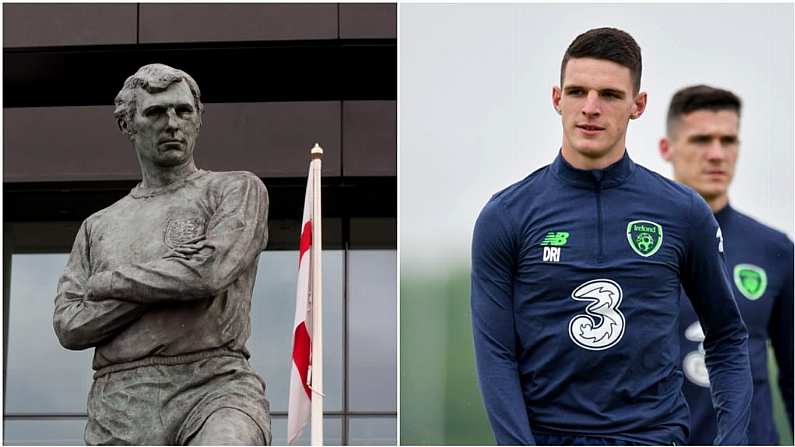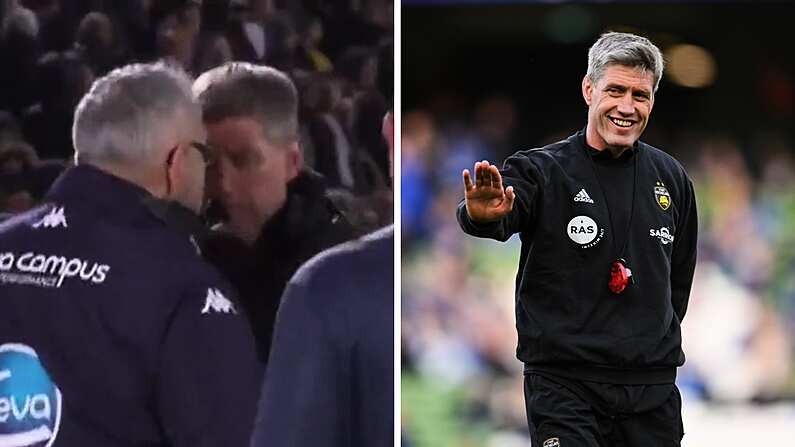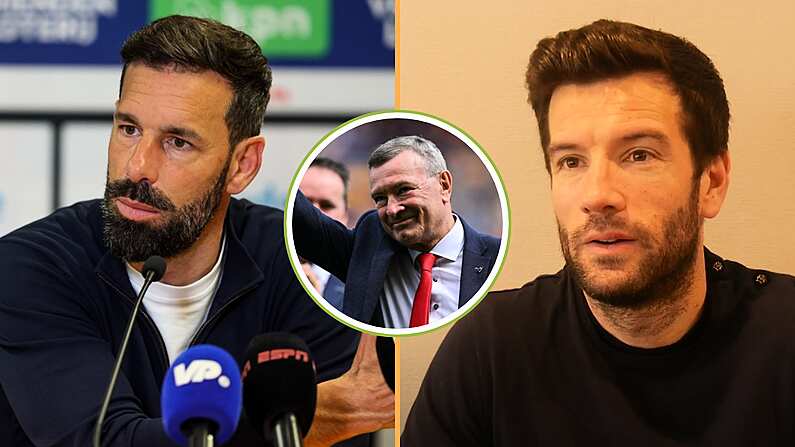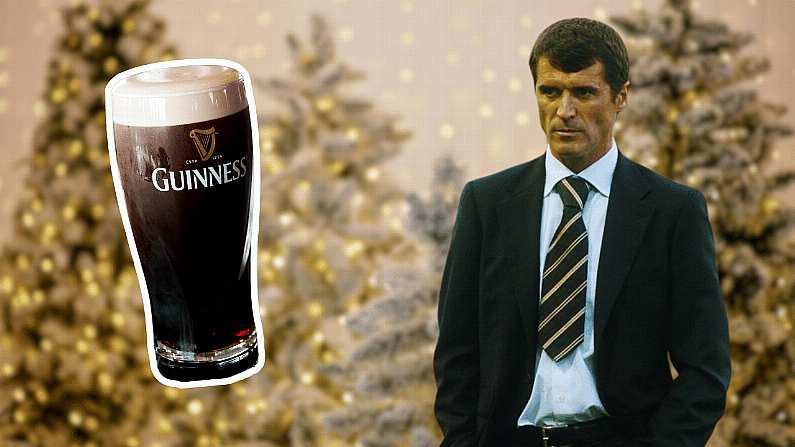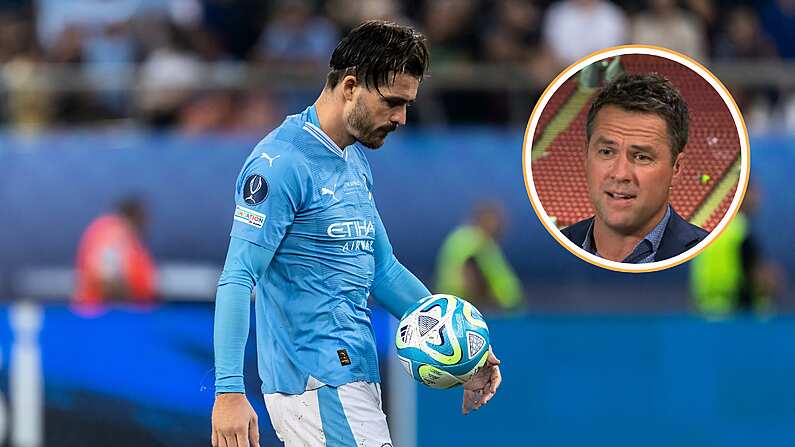Demonstrating the canny awareness of timing one may expect from a businessman such as the West Ham United chairman, David Gold decided to share his opinion on Declan Rice's recent wariness regarding his international future.
Taking to Twitter, one of the two men publicly lambasted by the club's fans during a Premier League game against Burnley last season, outlined his preference for Rice to become a West Ham and England legend, let alone player.
My hope all a long has been that Declan first becomes an England player and then follows in the footsteps of the great Bobby Moore by becoming the captain of England.
Born in England made in West Ham United. dg https://t.co/Yx8auOlcSF— David Gold (@davidgold) August 27, 2018
Strip away the partisan feelings of an Irish fan, and it is perfectly reasonable that Gold, the English-born chairman of West Ham United, has such ambitions for Rice. Of this, nobody can really complain.
However, it is the particular reference to Bobby Moore that encourages further interest. The most significant of West Ham's footballing heroes, the London-born Moore remains the only player to captain England to World Cup glory in 1966.
In a 16-year stint with the Hammers, Moore's legacy is as much to do with lifting the Jules Rimet trophy while a West Ham player as anything else. Yet, for all of this, Gold's decision to evoke the memory of such a player brings to mind Harry Redknapp's 2013 autobiography, Always Managing.
A former club-mate of Moore's at West Ham United, the man who would later go on to manage the club for seven seasons used the platform of his book to share some less than flattering stories of how the club had marked Moore's legacy.
How was the greatest footballer and one of the greatest sportsmen this country ever produced reduced to living his final years as a commentator on Capital Radio and a columnist in the down market Sunday newspaper - rejected by his club, his country, and those who should have placed him at the heart of the game?
Dying at the relatively young age of 51 in 1993, the retrospective adoration and, perhaps, exploitation of Moore's legacy is something Redknapp accused his former club of being particularly guilty of.
The hypocrisy that followed his tragically premature death in 1993 sickens me. Bob’s got it all now. The old South Bank named after him at Upton Park, statues outside the ground and at Wembley Stadium. They even use his name to sell West Ham United merchandise these days. ‘Moore than a football club’ is the slogan.
When he was alive they didn’t want to know him. I saw him get slung out of there for not having a ticket.
Retelling the story of that particularly shocking event, Redknapp could scarcely believe how a man who had spent sixteen years playing for West Ham United could be so poorly treated.
This day I was sitting in E block, when from behind me I heard, ‘Harry.’ I turned around and it was Bobby. We were about 15 minutes into the game. ‘Fancy a cup of tea at half-time?’ I said, and he gave me the thumbs-up.
Next thing I knew, a steward was marching up the steps towards him. ‘Excuse me, Bob’ - he looked almost ashamed - ‘it’s not me, but the secretary wants to know if you’ve got a ticket.’ Bob said he hadn’t. ‘Then I’m afraid I’ve been told to ask you to leave.’ And he went.
Bobby Moore. The Bobby Moore. Thrown out of a half-empty stand at West Ham because he didn’t have a ticket. I don’t think he ever went back after that.
Back then of course, during the early 1980s, David Gold had no direct involvement with West Ham United, and he can hardly be blamed for such disgracefully poor behaviour.
Nevertheless, 'all that glitters is not gold,' and the public sentiments of the West Ham chairman may not quite be as they seem.

